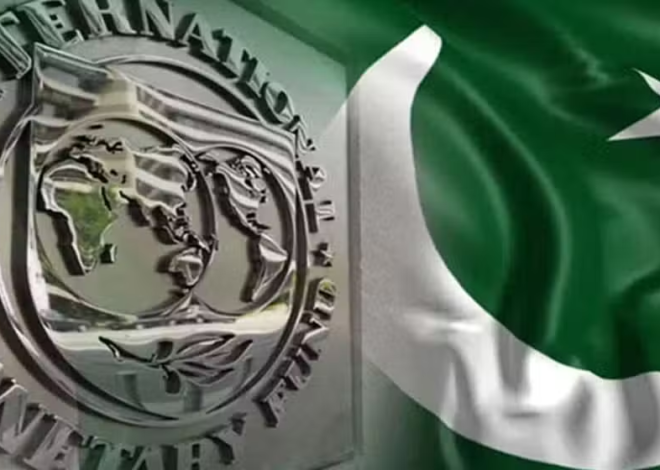
Sindh Govt Approves Big Number 2,700 Scholarships for University Students
The Sindh government has recently approved a substantial number of scholarships aimed at supporting university students across the province. Over 2,700 scholarships have been sanctioned to assist talented and deserving students in pursuing higher education. This initiative reflects the provincial government’s commitment to promoting educational opportunities, alleviating financial burdens on students and their families, and fostering a culture of academic excellence in Sindh.
Education is widely recognized as a key driver of socio-economic development, and the Sindh government’s move to provide scholarships aligns with broader efforts to improve access to quality higher education in Pakistan. Many students from disadvantaged backgrounds face significant financial challenges in affording university fees, textbooks, and living expenses, often resulting in the abandonment of their academic pursuits. By offering scholarships, the government seeks to remove economic barriers and enable bright students to realize their full potential.
The scholarships cover a variety of academic disciplines and are open to students enrolled in public sector universities across Sindh. These include institutions such as the University of Karachi, University of Sindh Jamshoro, Mehran University of Engineering and Technology, and Sindh Agriculture University, among others. The scholarship program targets undergraduate as well as postgraduate students, providing them with financial assistance that can cover tuition fees and sometimes additional expenses related to their studies.
The selection process for these scholarships is designed to be transparent and merit-based, with an emphasis on academic performance and socio-economic background. Applicants are required to submit relevant documents, including academic transcripts, income certificates, and identification proofs. A committee established by the Sindh Higher Education Commission (SHEC) evaluates applications to ensure that scholarships are awarded to the most deserving candidates. This rigorous selection process helps maintain the integrity and credibility of the program.
This scholarship program comes at a critical time, as Pakistan faces challenges in achieving higher literacy rates and improving the quality of its education system. According to recent statistics, a significant portion of young adults in Sindh are unable to continue education beyond secondary school, largely due to financial constraints. Initiatives like this are vital for encouraging more students to enroll in universities and for increasing the overall enrollment rate in higher education institutions.
The Sindh government has also announced plans to monitor the progress of scholarship recipients closely. Beneficiaries will be required to maintain a certain academic standard to continue receiving financial aid. This approach not only incentivizes academic excellence but also ensures that public funds are utilized effectively to support genuine students. Regular assessments and reporting mechanisms will be established to track the impact of the scholarship program on students’ educational outcomes.
In addition to financial aid, the government is exploring ways to provide complementary support to university students. This includes mentorship programs, career counseling services, and workshops aimed at enhancing skills and employability. By combining scholarships with holistic support systems, Sindh aims to create a conducive environment for students to thrive academically and professionally.
The scholarship initiative is expected to have a positive ripple effect on various segments of society. Students from rural and underserved urban areas stand to benefit significantly, as many of these regions suffer from a lack of educational infrastructure and economic opportunities. Empowering youth through education can lead to greater social mobility, reduced poverty rates, and a more skilled workforce that can contribute to the province’s economic development.
Moreover, this program could play a role in bridging gender gaps in education. Female students in Sindh often face additional societal and financial barriers to accessing higher education. By ensuring that scholarships are accessible to women, the government can encourage greater female participation in universities and promote gender equality in educational attainment.
Universities and educational institutions have welcomed the Sindh government’s scholarship scheme, acknowledging its potential to ease the financial pressures faced by students. Many university officials have committed to working alongside the government to ensure smooth implementation and to provide academic support to scholarship holders. These collaborative efforts underscore the importance of partnerships between the public sector and educational institutions in expanding access to higher education.

While the approval of over 2,700 scholarships marks a significant milestone, education experts emphasize the need for sustained investment and long-term planning. Scholarships, though essential, must be part of a broader strategy that includes curriculum improvements, faculty development, infrastructure enhancement, and research promotion. A comprehensive approach is necessary to raise the overall quality and relevance of higher education in Sindh and Pakistan as a whole.
The provincial government’s initiative also aligns with Pakistan’s national education policies, which prioritize increasing enrollment rates and improving educational quality at all levels. By supporting university students through scholarships, Sindh contributes to the country’s human capital development goals and helps build a knowledge-based economy capable of competing globally.
As the scholarships are disbursed and students begin to benefit from this program, many families in Sindh will experience a renewed sense of hope and optimism. The promise of accessible education can transform lives and communities, empowering young people to pursue careers in science, technology, engineering, medicine, business, and the arts. This, in turn, has the potential to generate innovation, economic growth, and social progress throughout the province.
The Sindh government’s commitment to supporting university students with these scholarships represents a proactive step towards a brighter educational future. It underscores the vital role that governments play in facilitating access to education and ensuring that financial constraints do not hinder academic aspirations. Through initiatives like these, Sindh sets an example for other regions in Pakistan and beyond, highlighting the importance of investing in human capital as a foundation for sustainable development.







